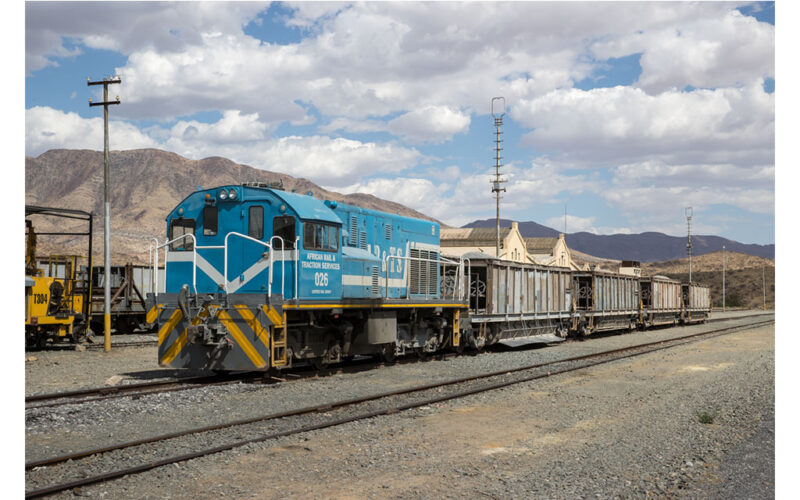Chamwe Kaira
The Road and Working Rail Group (WG) under the Walvis Bay Corridor Group recently convened a meeting to address several railway line upgrade projects.
These projects include the enhancement of the Sandverhaar – Bucholzbrunn railway line along the Trans-Oranje Corridor, improvements to the Kranzberg to Otjiwarongo railway line, and upgrades to the Trans-Zambezi railway line within the Walvis Bay-Ndola-Lubumbashi Development Corridor (WBNLDC).
The urgency for these upgrades arises from the deteriorated state of the railway lines, which, due to speed and weight restrictions, have been hampering cross-border trade between Namibia and South Africa.
Gilbert Boois, the projects manager at WBCG, told Observer Money that revitalising the railway system is vital for boosting the transport of bulk commodities, such as manganese intended for export via the Lüderitz port. To achieve this, the Namibian government has designated TransNamib as the primary contractor and enlisted the Roads Contractor Company (RCC) as the subcontractor. This collaborative effort is expected to conclude by September 2024, spanning an 18-month timeline.
Presently, road transportation dominates bulk cargo movement in Namibia, with the railway sector catering to around 15 percent.
Discussing strategies to enhance railway cargo transportation, Boois highlighted the need for significant investments in crucial railway segments. He stressed the importance of enabling TransNamib to acquire essential rolling stock, including locomotives and wagons, to align with customer demand. Additionally, Boois underscored the necessity for swift governmental action in reforming the railway sector. Such reforms would lead to the establishment of a railway regulatory body and a dedicated agency for funding railway initiatives.
Boois further provided insights into the WG’s objectives. Formed in October 2021 as part of the Logistics Hub Master Plan, the WG aims to oversee the execution of various initiatives.
The WG functions as a collaborative platform, uniting key stakeholders from both the public and private sectors within the road and rail domains. Its objectives encompass the prioritization of road and rail infrastructure development in Namibia, aligning with the logistics hub master plan.
The group also identifies and deliberates on priority sections of road and rail networks requiring construction, rehabilitation, and maintenance. Technical discussions cover various aspects, including axle load limits, abnormal permits, weighbridges, professional driver permits (PDP), vehicle registration processes, and associated fees.
Moreover, the WG addresses the necessity for adequate railway rolling stock and facilities, as well as technical matters not covered by other working groups.




